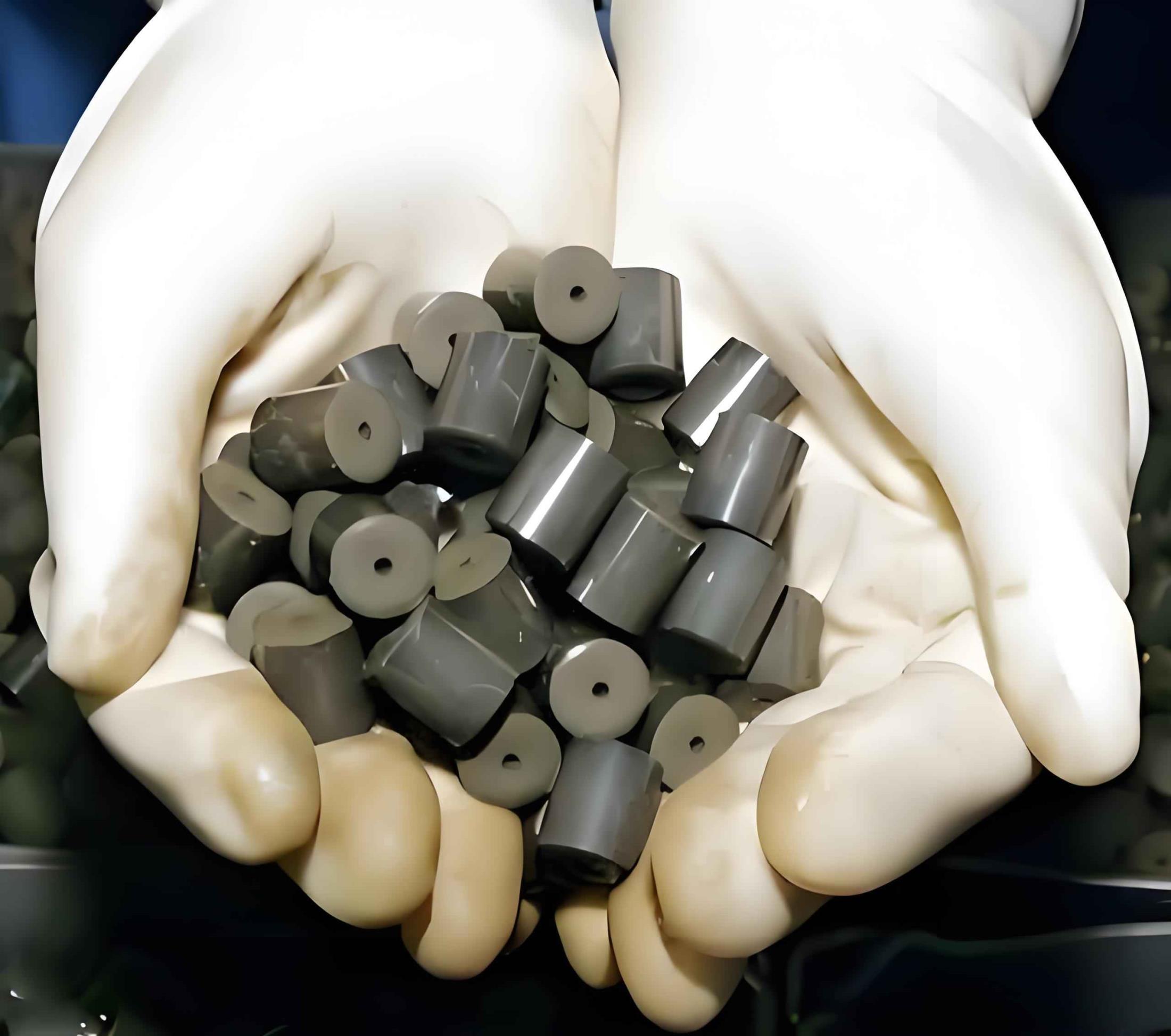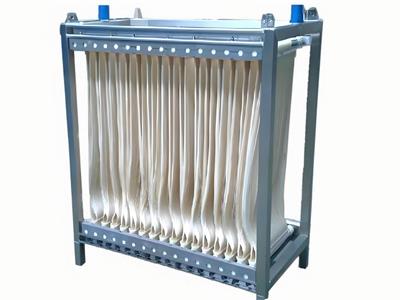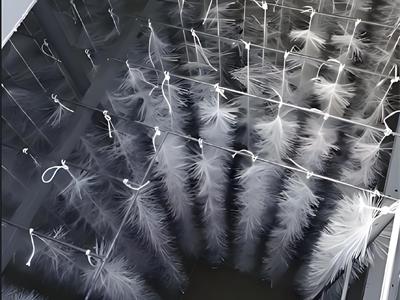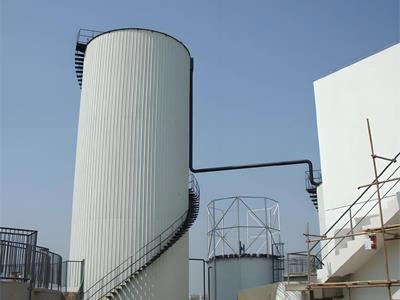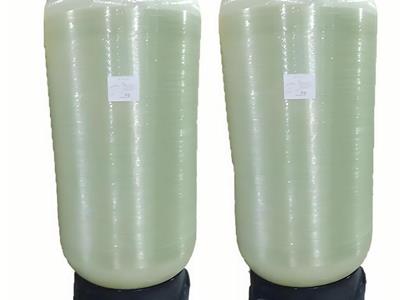- 2025-07-22
Removal of radium and uranium from water
Uranium-radium pollution characteristics and risks
Uranium (<sup>238</sup>U) decays to produce radium (<sup>226</sup>Ra), and the two often coexist in groundwater. The main hazards include:
WHO alert is triggered when radioactivity is > 0.1Bq/L (uranium nephrotoxicity threshold is 30μg/L)
Radium decay produces radon gas (<sup>222</sup>Rn), and the risk of indoor cumulative lung cancer increases by 16%
Long-term exposure leads to bone tissue accumulation (biological half-life > 20 years)
Engineering-grade treatment process
Reverse osmosis deep purification system
Using seawater-grade composite membrane (TFC), operating pressure ≥ 8.5MPa
Uranium removal rate > 99.7% (influent 500μg/L → effluent < 1.5μg/L)
Simultaneous interception of radium and total dissolved solids (TDS reduction rate ≥ 98%)
Special ion exchange treatment
Special chelating resin (iminodiacetic acid group)
Dynamic adsorption capacity: uranium ≥ 80g/m³ resin, radium ≥ 35g/m³ resin
Regeneration cycle: 10% for every 2000 bed volumes HCl regeneration
Concentrated waste liquid uranium concentration <10μg/L (meets NRC emission standards)
Key system design features
Intelligent control:
Gamma ray online monitor linkage automatic regeneration (exceeding threshold 0.185Bq/L)
Automatic safety lock when power off (ASME BPE certification)
Corrosion-resistant structure:
Glass fiber reinforced epoxy resin pressure vessel (burst pressure ≥1500psi)
316L stainless steel pipe valve system (EPDM seals)
Energy efficiency optimization:
Energy recovery device (ERD) reduces energy consumption by 40%
Parallel double tank design ensures continuous water supply
Engineering verification case
Mining groundwater project:
600,000 gallons/day brackish water RO system
Uranium reduced from 350μg/L to <2μg/L (in compliance with EPA 30μg/L standard)
Nuclear facility water supply project:
Nanofiltration softening + ion exchange combined process
Total α radioactivity reduced from 1.8Bq/L to 0.05Bq/L
Technical advantages
Safety redundancy: dual-channel radioactivity monitoring (Geiger counter + liquid scintillator)
Zero emission design: concentrated liquid solidification treatment (cement solidification body strength ≥ 20MPa)
Easy maintenance: modular resin tank quick change system (single tank replacement time < 2h)
Long life operation: membrane element anti-fouling coating guarantees 5-year service life

